Claudia Sheinbaum and Mexico’s sexual harassment problem
First female president vows action against sexual harassment after viral incident, but machismo and violence against women remain deeply ingrained
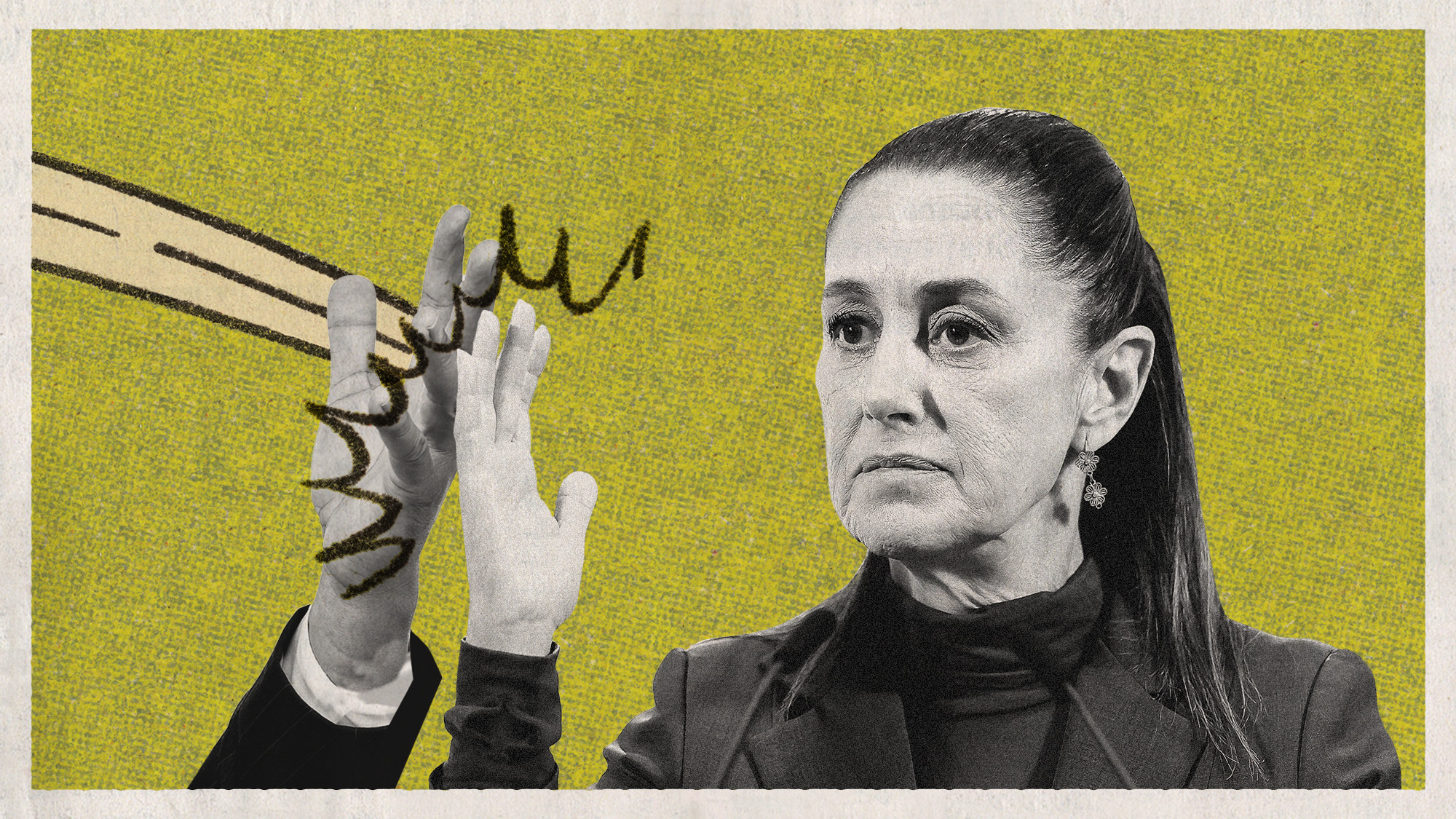
A free daily email with the biggest news stories of the day – and the best features from TheWeek.com
You are now subscribed
Your newsletter sign-up was successful
The public groping of its first female president has placed Mexico’s epidemic of violence against women into sharp focus.
Claudia Sheinbaum was speaking to a group of supporters in Mexico City on Tuesday when a man approached her from behind and tried to kiss her on the neck and touch her chest. The president moved his hands away before a member of her staff stepped between them, and the man was later arrested. Video of the incident “quickly ricocheted across the internet”, said Reuters, “underscoring for many in Mexico the insecurity women face” there.
Sheinbaum said that although it was something she had experienced in the past, when she was 12, she had decided to press charges because the suspect had allegedly harassed other women in the crowd. “My view is, if I don’t file a complaint, what will happen to other Mexican women?” Sheinbaum said at a news conference on Wednesday. “If this happens to the president, where does that leave all the young women in our country? No man has the right to abuse women’s personal space.”
The Week
Escape your echo chamber. Get the facts behind the news, plus analysis from multiple perspectives.

Sign up for The Week's Free Newsletters
From our morning news briefing to a weekly Good News Newsletter, get the best of The Week delivered directly to your inbox.
From our morning news briefing to a weekly Good News Newsletter, get the best of The Week delivered directly to your inbox.
The femicide capital
Rights groups say the incident shows the “extent of ingrained machismo in Mexican society, where a man believes he has the right to accost even the president if she is a woman”, said the BBC. Femicide is a “huge problem” – a “staggering 98% of gender-based murders” are estimated to go unpunished.
Sheinbaum, Mexico’s first female president, pledged as a candidate to tackle the problem, but since she was elected last October there has been “no discernible improvement in that area of violent crime”.
Mexico has one of the highest rates of femicide in the world. In the first seven months of this year, more than 500 women have been killed because of their gender. That’s almost 40% fewer compared with the same period in 2024, according to figures from the Federal Security Secretariat cited by Sky News.
And from a policy standpoint, Sheinbaum “has made clear progress” on women’s rights, said The New York Times. But “non-lethal violence against women has hardly budged”.
A free daily email with the biggest news stories of the day – and the best features from TheWeek.com
A personal affront
The incident has “sparked outrage” among Mexican women, who “saw their own fears and experiences reflected in her plight”, said The Guardian. For some, watching the country’s first female president being groped in public was a “personal affront”.
“If the president suffered assault with that level of protection and those guards it means that all of us women can be assaulted at any moment,” said Patricia Reyes, a 20-year-old student.
“It was really humiliating,” said María Antonieta de la Rosa, a feminist activist and artist. “I felt angry, enraged and impotent.”
“The issue of assault is like the base level on the violence thermometer and it culminates in femicide,” she added. “So living in a femicidal country, the issue of assault is always there.”
The situation has also turned a spotlight on the country’s anti-sexual harassment laws. Out of Mexico’s 32 federal entities – Mexico City and 31 states – “only 16 criminalise sexual harassment”, said Al Jazeera.
On Thursday, Sheinbaum unveiled a new national initiative against sexual abuse, including a push to make harassment punishable in every state, education for prosecutors and judges on crimes against women, and a new public campaign to encourage women to report crimes. She called for all states to come together “beyond politics…defending the integrity of Mexican women”.
Harriet Marsden is a senior staff writer and podcast panellist for The Week, covering world news and writing the weekly Global Digest newsletter. Before joining the site in 2023, she was a freelance journalist for seven years, working for The Guardian, The Times and The Independent among others, and regularly appearing on radio shows. In 2021, she was awarded the “journalist-at-large” fellowship by the Local Trust charity, and spent a year travelling independently to some of England’s most deprived areas to write about community activism. She has a master’s in international journalism from City University, and has also worked in Bolivia, Colombia and Spain.
-
 How the FCC’s ‘equal time’ rule works
How the FCC’s ‘equal time’ rule worksIn the Spotlight The law is at the heart of the Colbert-CBS conflict
-
 What is the endgame in the DHS shutdown?
What is the endgame in the DHS shutdown?Today’s Big Question Democrats want to rein in ICE’s immigration crackdown
-
 ‘Poor time management isn’t just an inconvenience’
‘Poor time management isn’t just an inconvenience’Instant Opinion Opinion, comment and editorials of the day
-
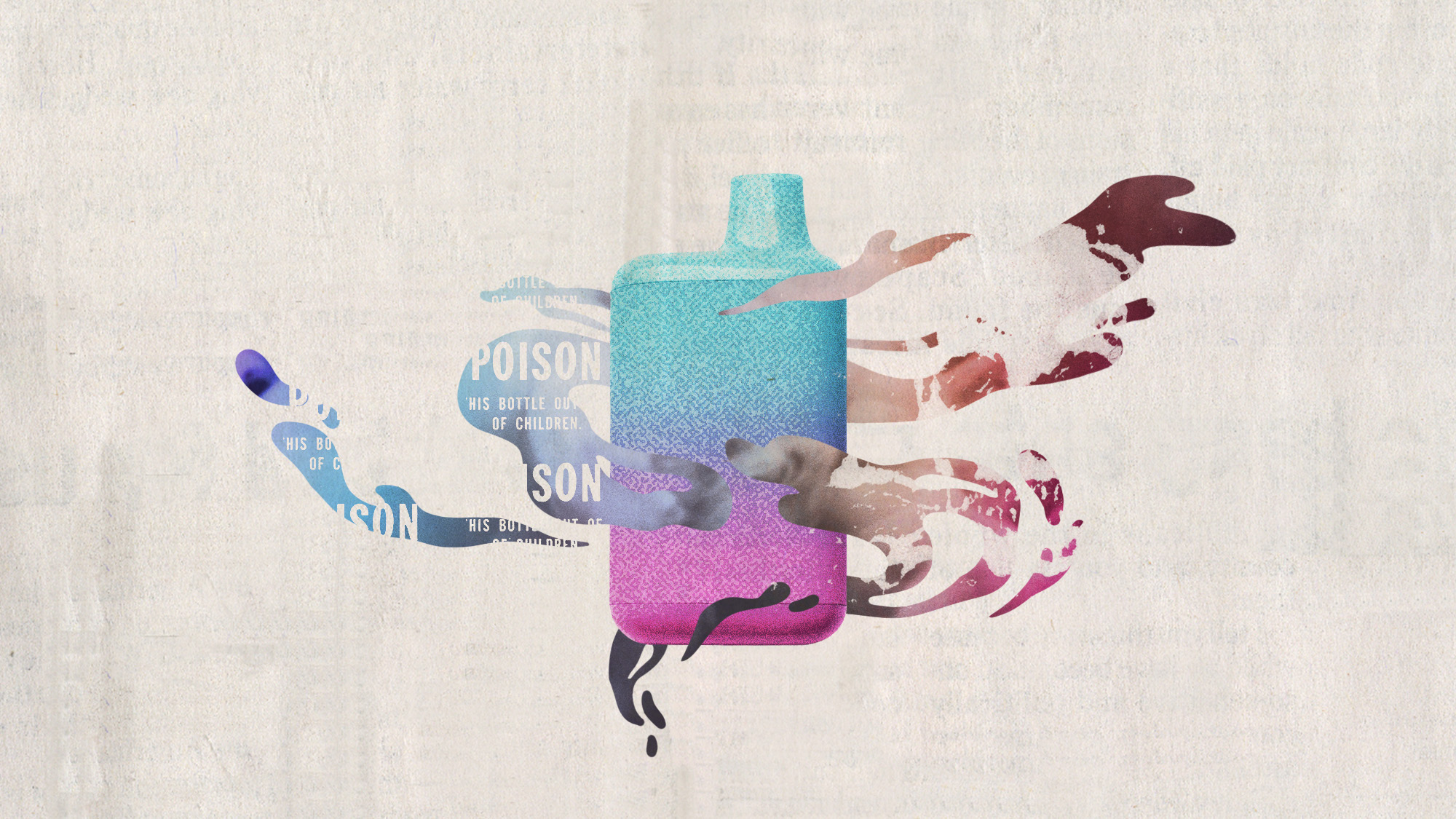 Mexico’s vape ban has led to a cartel-controlled black market
Mexico’s vape ban has led to a cartel-controlled black marketUnder the Radar Cartels have expanded their power over the sale of illicit tobacco
-
 Femicide: Italy’s newest crime
Femicide: Italy’s newest crimeThe Explainer Landmark law to criminalise murder of a woman as an ‘act of hatred’ or ‘subjugation’ but critics say Italy is still deeply patriarchal
-
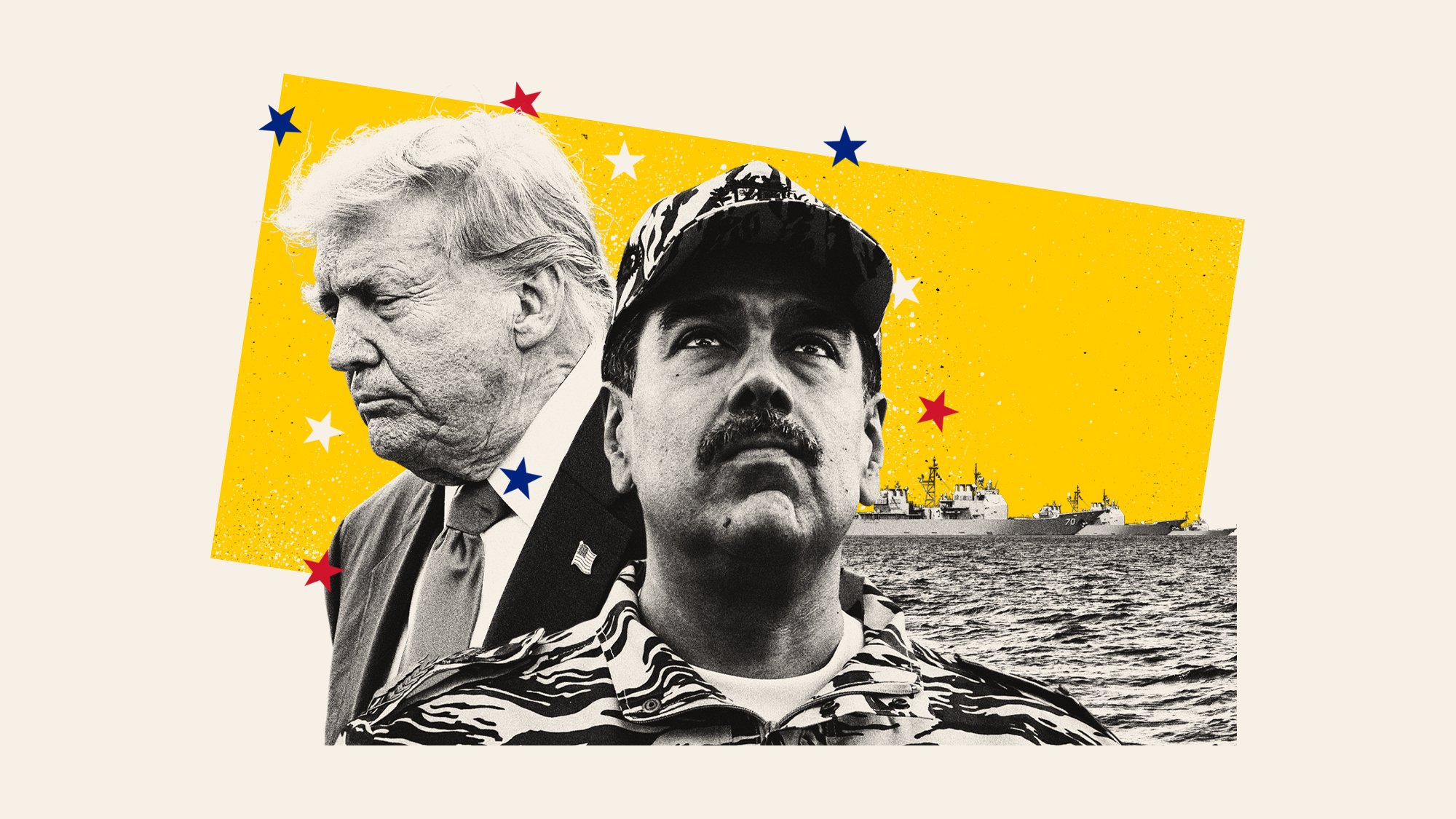 What is Donald Trump planning in Latin America?
What is Donald Trump planning in Latin America?Today’s Big Question US ramps up feud with Colombia over drug trade, while deploying military in the Caribbean to attack ships and increase tensions with Venezuela
-
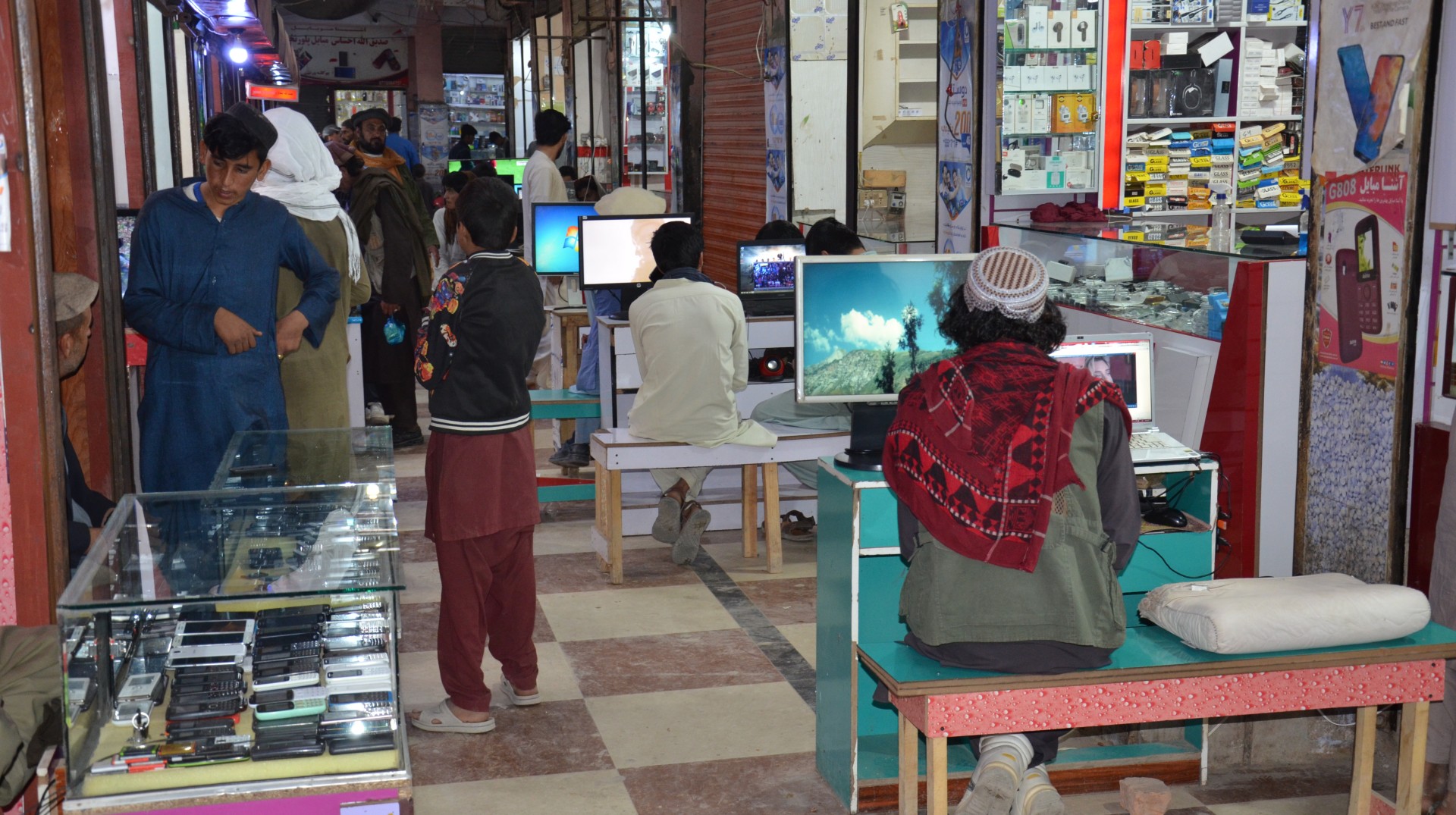 The Taliban wages war on high-speed internet
The Taliban wages war on high-speed internetTHE EXPLAINER A new push to cut nationwide access to the digital world is taking Afghanistan back to the isolationist extremes of decades past
-
 Uruguay shaken by 'phantom cow' scam
Uruguay shaken by 'phantom cow' scamUnder the Radar Cattle seen as a safe investment in beef-mad nation – but the cows, and people's life savings, are nowhere to be found
-
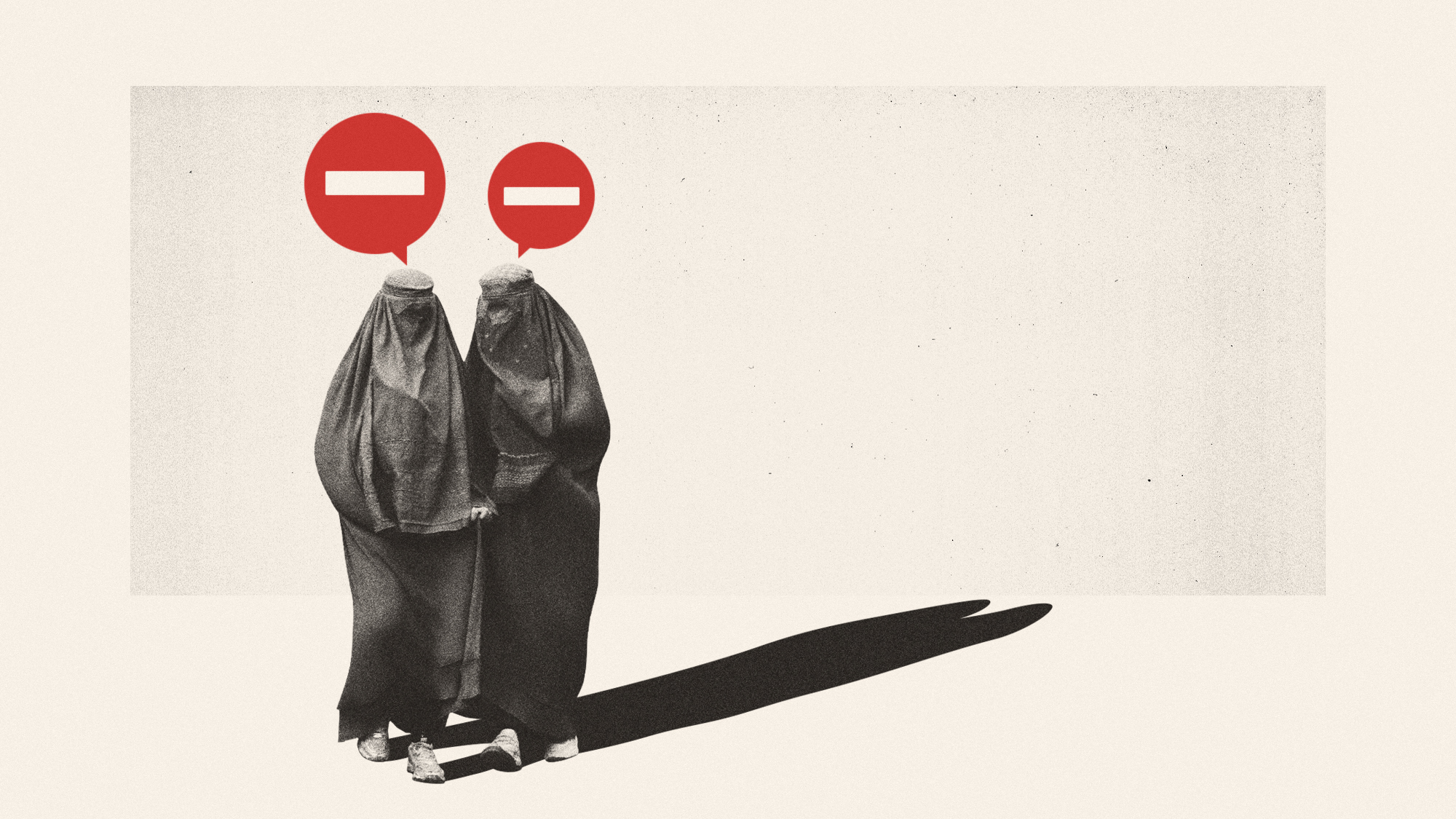 Has the Taliban banned women from speaking?
Has the Taliban banned women from speaking?Today's Big Question 'Rambling' message about 'bizarre' restriction joins series of recent decrees that amount to silencing of Afghanistan's women
-
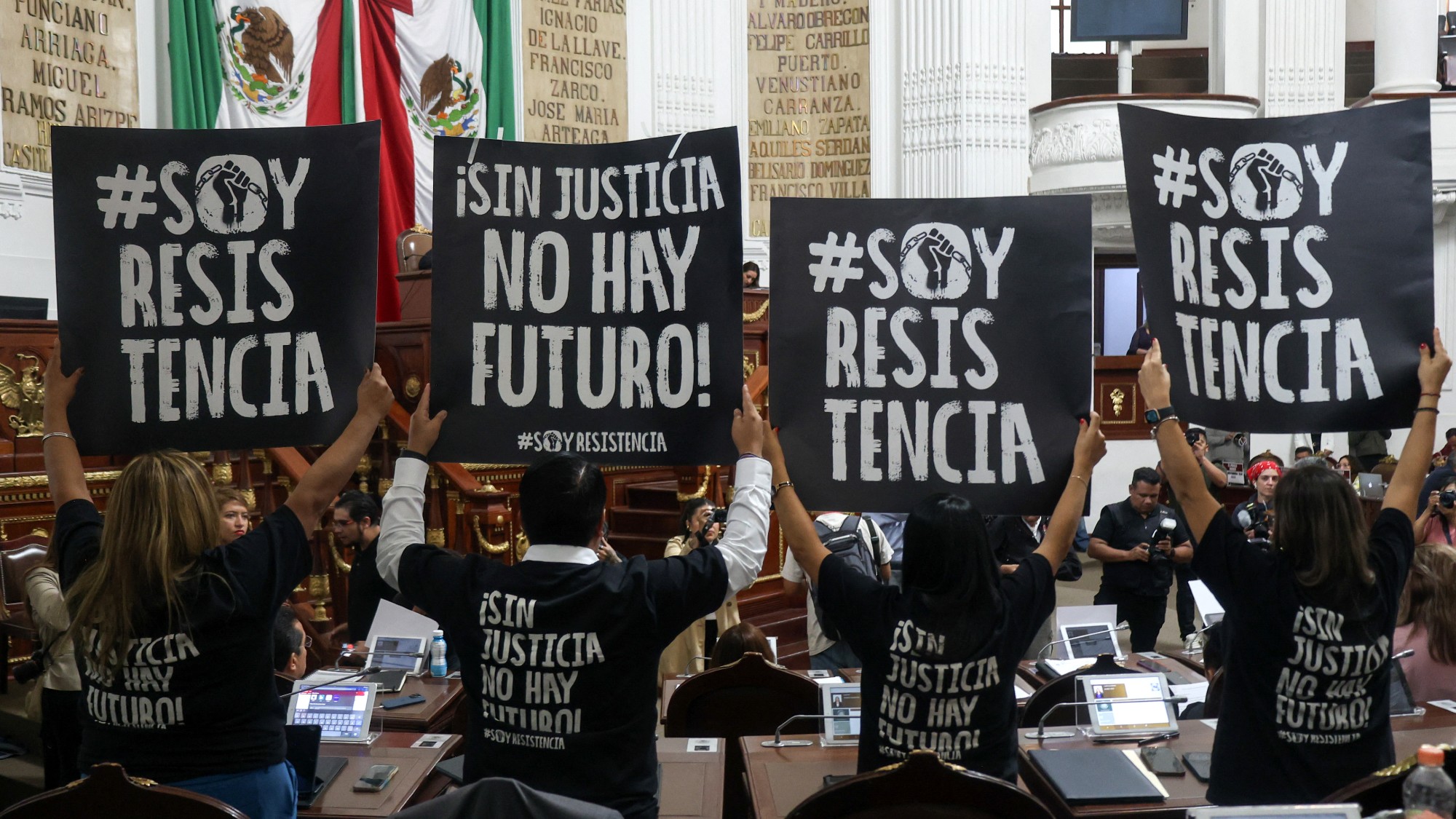 Politicising the judiciary: Mexico's radical reform
Politicising the judiciary: Mexico's radical reformTalking Points Is controversial move towards elected judges an antidote to corruption in the courts or a 'coup d'état' for the ruling party?
-
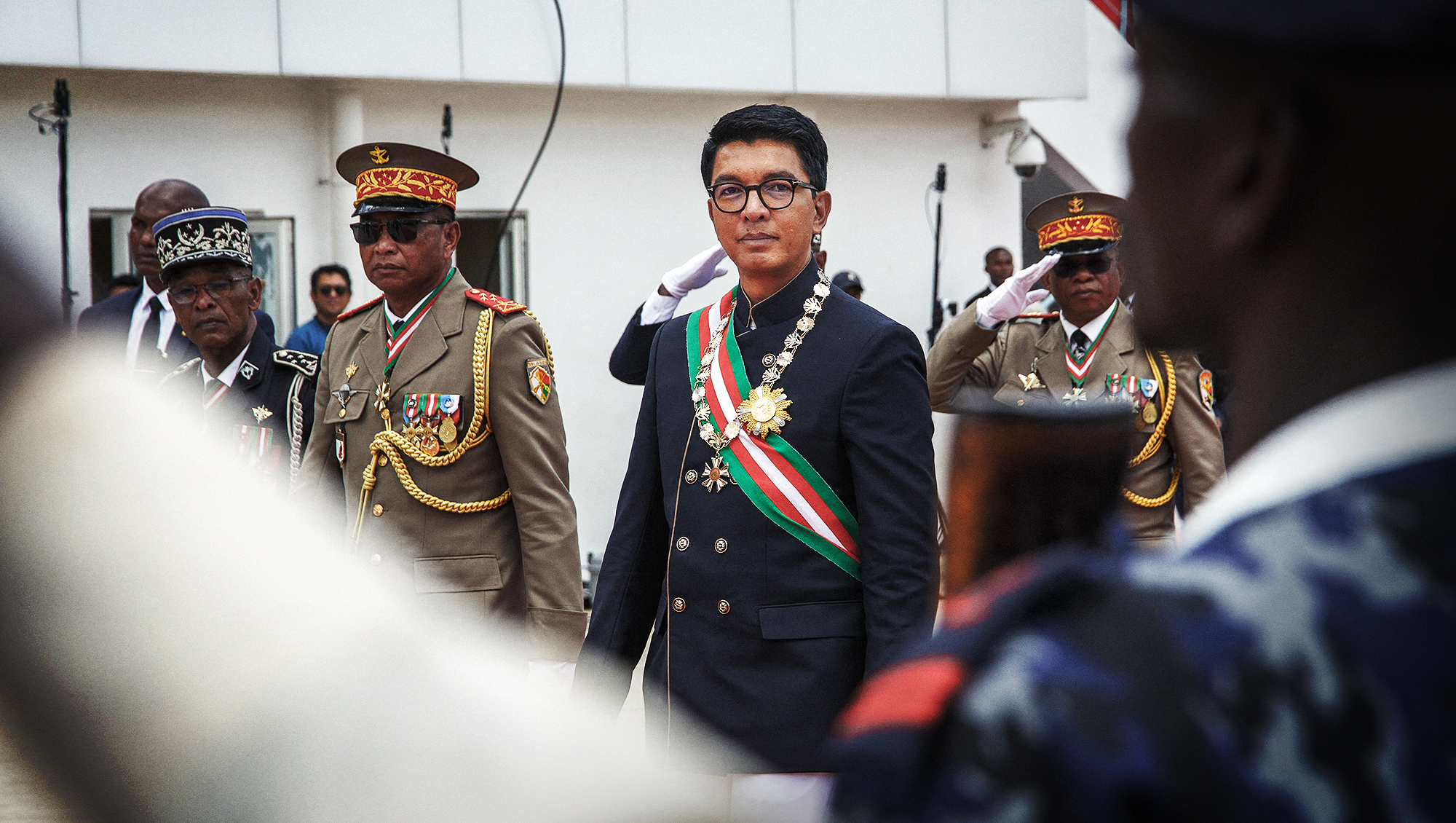 Madagascar to allow surgical castration of paedophiles
Madagascar to allow surgical castration of paedophilesThe Explainer Activists say new law is a necessary deterrent against the country's 'rape culture'